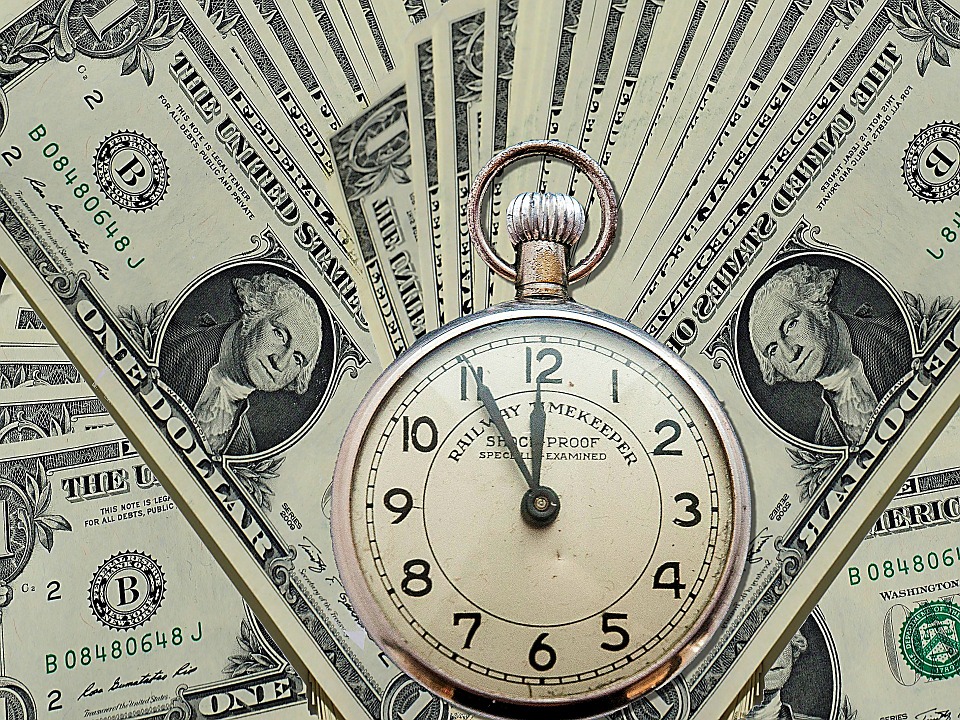It is important that you ask the right questions prior to filing bankruptcy. Below are important questions you should ask when considering whether to file.
- SHOULD I FILE BANKRUPTCY? Only you can answer this common question. While an attorney can explain the pros and cons of filing a bankruptcy and tell you which way they lean on the decision, the choice to file is your and yours alone. You should take any legal advice and make an informed decision based on what you need, can afford and can stand to lose. Once those aspects of the possible bankruptcy are analyzed, you should be able to make a wise decision.
- DO I HAVE ENOUGH DEBT TO QUALIFY FOR BANKRUPTCY?
Many people are under the mistaken assumption that there is a threshold of debt that they must meet before they can file bankruptcy. This can lead to them needlessly delaying their filing. The bankruptcy laws do not have a minimum requirement of debt as it recognizes that what may seem manageable to one person may be too much for another. The rule of thumb that everyone should apply is: Can you pay it off in a reasonable time frame? Can you afford to make your debt-related payments each month without hardship and without neglecting a necessary payment? Those answers will determine whether the debt is high enough.
3. HOW DOES MY INCOME AFFECT MY FILING FOR BANKRUPTCY? This question is not asked by enough people inquiring about bankruptcy. Many people do not realize that bankruptcy laws require a debtor to qualify for a Chapter 7 bankruptcy based on their income. As Chapter 7 is the preferred chapter for most people due to it being much more affordable, this can be a real sticking point for you. Your best chance of qualifying for Chapter 7 is if your income is at or below the median income of a household of the same size in the same state. If you do not pass that threshold you can still file if you pass “The Means Test.” This is a test that takes into account your income over the last six months and certain expenses that the court deems necessary.?
- WHAT WILL HAPPEN IF I DON’T FILE BANKRUPTCY?
Many people are on the fence and ask this question before making a final decision. The answer to the question is that it depends on the situation. If your are facing a lawsuit of some type (credit card suit, foreclosure, or vehicle repossession), then the lawsuit will proceed and eventually lead to a judgment in favor of the creditor in most situations. After the judgment is obtained, the creditor will try to collect on the judgment. This can be done in multiple ways:
- garnishment of wages
- freezing and seizing a frozen bank account
- sending countless letters
- making countless phone calls
- or, if a property was secured by the creditor, then the property will most likely end up being foreclosed on.
Unless you have an alternative avenue to repay their creditors in a reasonable time, these types of aggressive collection practices will very likely be used on them.
To determine what type of bankruptcy may give you a fresh start toward a successful financial future, contact us for a free consultation.

